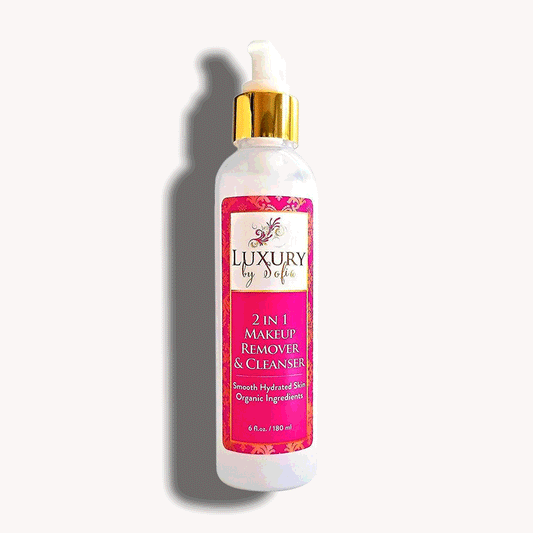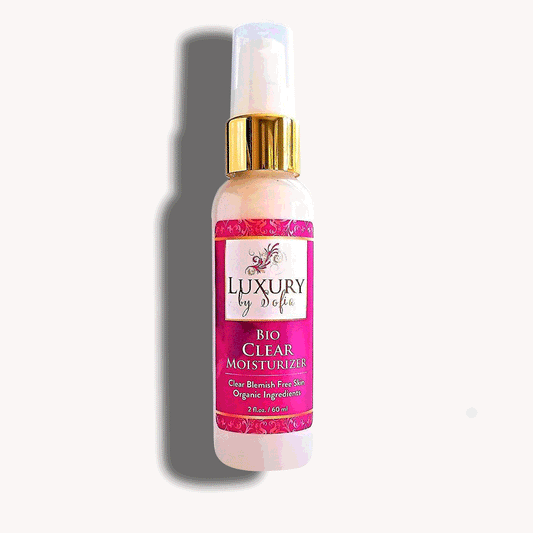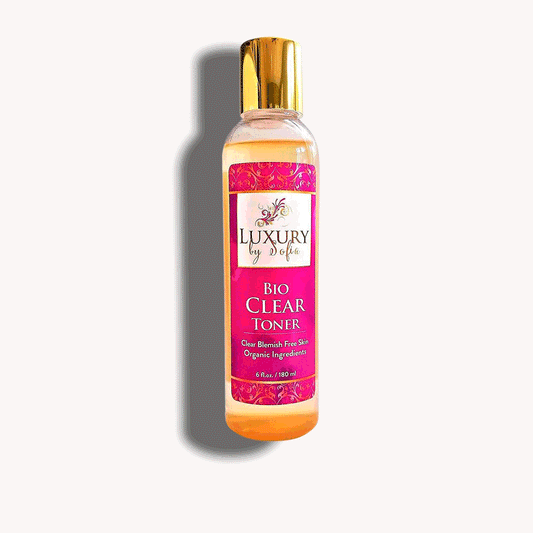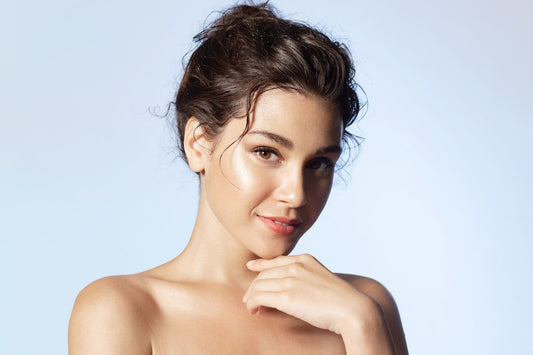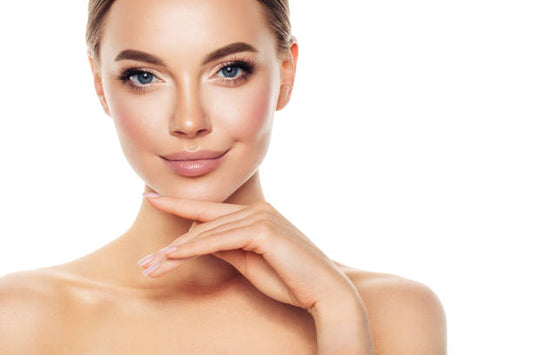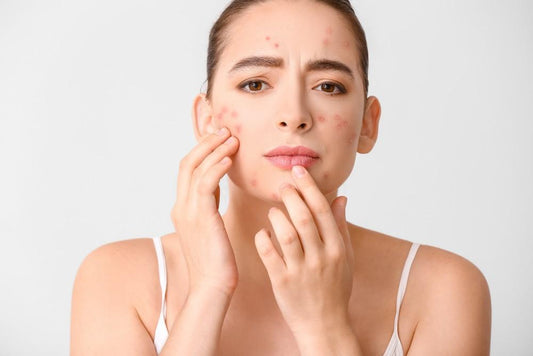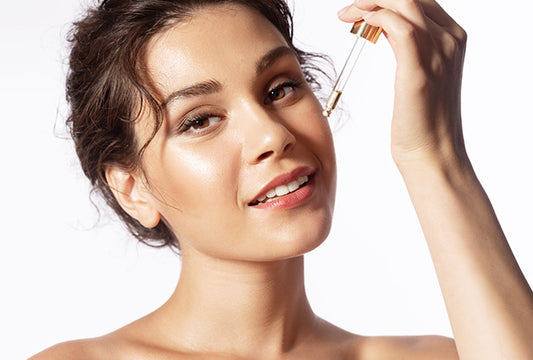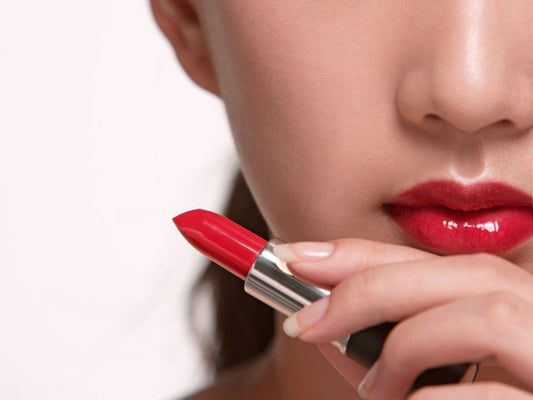If you've ever sat in front of your bathroom mirror and wondered why your face looks so different than the last time you saw it, you're not alone. In fact, it's a pretty common thing to do. But what if, instead of just wondering about the differences between your various faces, you actually learned about them? That's exactly what this post is here for! We'll teach you everything there is to know about understanding your skin type so that next time you're in front of that mirror (or wherever), all those questions will be answered by knowledge rather than just self-doubt.

There Are Five Different Skin Types
There are five different skin types:
- Oily skin, which produces excess sebum. This is the most common type of skin and is prone to acne and blackheads. It's most common in teenagers and young adults (though it can occur at any age).
- Normal/Combo, which has an even balance of oil and moisture. People with normal/combo skin tend to have few breakouts or signs of aging at an early age because they don't produce excess sebum like oily types do, but they also aren't as prone to dryness like dry types are!
- Dry, which produces little to no sebum but still needs some hydration from products that work well with their natural oils (like hyaluronic acid). This type tends not only to be drier than other types, but also more sensitive - so if you have this kind of combination then it may take some trial-and-error before finding something that works well with your unique chemistry!
Try Now: Skin Care Products
Oily Skin
Oily skin is characterized by excess sebum production and prone to clogged pores and breakouts. Oily skin can be caused by hormonal changes, stress and diet.
If you have oily skin:
- Avoid moisturizers, which can clog pores and exacerbate existing problems
- Use an oil-free or water-based foundation; they will not only help control shine but also offer better coverage than powder foundations
- Use powder blush in place of cream blush or lipstick/lip gloss because it won't cause pimples or blemishes on your face
Combination Skin
Combination skin is the most common skin type, and it refers to a combination of oily and dry areas. The term "combination" refers to the fact that you have both oily and dry spots on your face. For example, if you have combination skin, there may be some parts of your face (like around the eyes) that are very dry while other areas (such as around the nose) get oily very easily.
Combination skin can be prone to acne if it's too oily or breakouts if it's too dry; however, most people with this type of complexion find that they don't experience either issue as much as those with other types of complexions do. Oily spots will need extra attention when it comes to moisturizing, but shouldn't require any special treatment beyond regular cleansing and toning; dry patches should also get their fair share of hydration, but might require a heavier moisturizer than usual so as not overdo things - too much moisture could actually cause more irritation!
Dry Skin
Dry skin is the most common type of skin, and it's characterized by a lack of oil. Dry skin can be caused by exposure to cold weather, air conditioning, or harsh soaps, but it can also be an indication of an underlying medical condition. If you've been experiencing dry patches on your face for more than two weeks or if they're accompanied by other symptoms like redness or itching (or both), see a dermatologist immediately. The cause may be something as simple as eczema or psoriasis; other times it might be something more serious like rosacea or seborrheic dermatitis (more commonly known as dandruff).
Dryness may seem like an easy problem to fix - just slather on some moisturizer! But not all moisturizers are created equal: Different formulas work better with different types of complexions. For example, if you have oily skin but want to combat flaky patches without making yourself look shiny all day long (which would defeat the purpose!), try using a gel-based lotion instead of something creamier; these types tend to absorb quickly into the surface layer without leaving behind any residue that could clog pores over time.
Sensitive Skin
Sensitive skin is the most common type of skin, and it's also the most complicated. Sensitive skin can be caused by environmental factors such as sun exposure or pollution, internal factors like hormones and stress, or a combination of both. If you have sensitive skin that flares up after using certain products or going out into the sun without sunscreen (or even just being in an air-conditioned building), there's a good chance that your sensitivity has more to do with your body than anything else.
If this sounds like you - and if so, congratulations! You've got great genes! But don't think that means all hope is lost when it comes to finding products that work for you, there are plenty out there designed specifically for sensitive types who want gentle formulas without parabens or sulfates (we'll get into those later). Just remember not every product is going to work for everyone; trial and error is part of finding something great!
Acne-Prone Skin
Acne is a common skin condition that affects the face, neck and chest. It's more likely to occur in people who have oily skin (sebum production) and large pores. Acne can occur at any age but is most common during puberty or adolescence (when you're between 12 and 25 years old).
Acne occurs when hair follicles become blocked with oil, dead cells and bacteria. This clogs up your pores causing them to swell up into small lumps called pimples or spots which can vary in size from tiny dots on the surface of the skin right up until large cysts deep under layers of tissue.
There are several different types of acne: blackheads (open comedones), whiteheads (closed comedones) papules--small red bumps often found around the jawline or chin; pustules--painful pus-filled bumps usually located around hair follicles; nodules--raised red patches with hard lumps beneath them.
Knowing Your Skin Type Can Help You Pick Products That Will Work Best For You
Knowing your skin type can help you pick products that will work best for you. If you have oily skin, for example, look for a moisturizer with an oil-free formula and antioxidants to combat the damage caused by free radicals. If you have dry skin, use a rich moisturizer that contains hyaluronic acid (a natural humectant) and ceramides to plump up dry patches without overloading on oil. And if acne is an issue, look for products with salicylic acid or benzoyl peroxide--they reduce inflammation while killing bacteria responsible for breakouts.
Conclusion
I hope you found this guide to be helpful. Now that you know your skin type, it's time to start shopping! Remember that all products are not created equal and some may work better than others. If you have any questions about a specific product or brand, feel free to ask us in the comments below.

